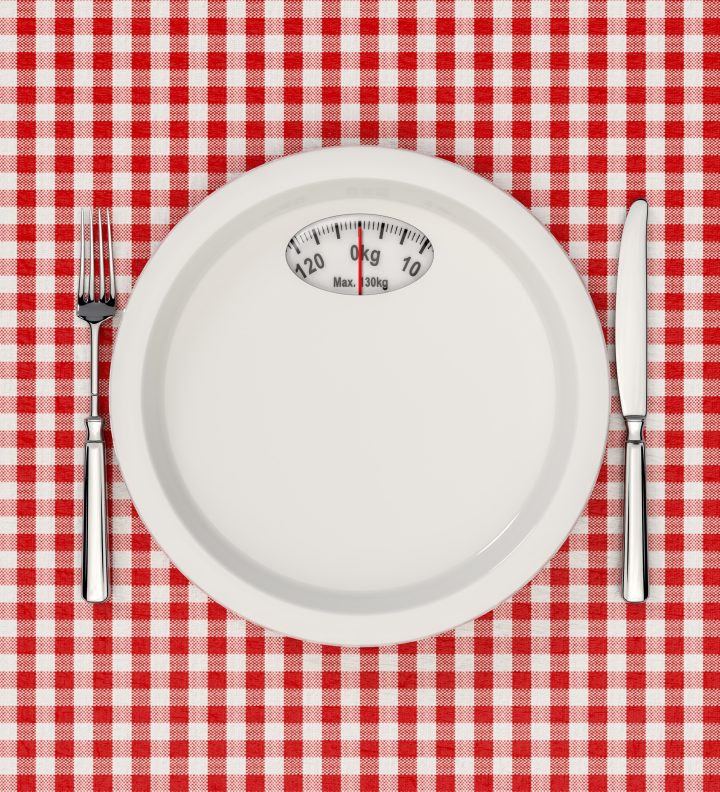
Like many of you, I’ve always been on the lookout for sustainable ways to manage my weight and boost my overall health. One strategy that’s been a game-changer for me is when I tried calorie deficit diet. Contrary to popular belief, it’s not about starving or depriving oneself. It’s all about understanding the energy our body needs and the energy we feed it.
I’ve personally experienced the benefits of this approach, and I’m thrilled to guide you through the ins and outs of starting your own calorie deficit journey.
While this guide draws from personal experience and general knowledge, remember that everyone’s body and circumstances are unique. It’s always best to consult with a nutritionist or healthcare professional before making significant dietary changes.
1. Understanding Calorie Deficit:
A calorie deficit occurs when you consume fewer calories than your body expends. This difference forces your body to use stored fat for energy, resulting in weight loss.
2. Calculate Your Maintenance Calories:
Before diving into a calorie deficit, determine your maintenance calories — the number of calories you need to maintain your current weight. Several factors can influence this number, including age, gender, activity level, and metabolism.
Use the online Total Daily Energy Expenditure (TDEE) calculator at Bodybuilding.com or consult a nutritionist to get a personalized estimate.
3. Decide Your Deficit:
Once you have your maintenance calorie number, decide on the deficit. Generally, a daily deficit of 300 to 500 calories is recommended. It ensures steady weight loss without extreme deprivation or potential negative health impacts.
4. Prioritize Protein:
Protein is essential when you’re on a calorie deficit. It helps to maintain muscle mass, keeps you satiated, and has a high thermic effect, meaning your body burns more calories digesting protein compared to fats and carbohydrates.
5. Eat Nutrient-Dense Foods:
Fill your plate with vegetables, whole grains, lean meats, and healthy fats. These foods are not only nutritious but also filling. Avoid empty-calorie foods like sugary drinks, snacks, and processed meals.
6. Monitor Portion Sizes:
While it’s important to eat nutritious foods, portion control is also crucial. Even healthy foods can contribute to weight gain if consumed in large amounts. Learn to read food labels and consider using a food scale.
I got a simple scale in Lazada for only P198 – link here
7. Stay Hydrated:
Drinking water can help control your appetite. Often, our bodies confuse thirst with hunger. By staying hydrated, you might avoid unnecessary snacking.
8. Factor in Physical Activity:
Exercise can increase the number of calories you burn daily. Incorporate both aerobic exercises like walking or running and strength training exercises to maintain muscle mass.
9. Track and Adjust:
Use food tracking apps or a journal to monitor your caloric intake. It not only keeps you accountable but also helps in adjusting your diet as you progress.
- MyFitnessPal: An extensive food database, barcode scanner, and integration with various fitness apps and devices make it a favorite among many.
- Lose It!: Known for its vast food database and unique “Snap It” feature, which lets users photograph meals for calorie estimates.
- Yazio: A personalized approach to food tracking, offering tailored plans based on individual health goals.
- FatSecret: Offers a community-based approach, allowing users to connect with others, join groups, and share experiences.
- Cronometer: Ideal for those keen on tracking a wide range of nutrients, from macronutrients to amino acids.
10. Listen to Your Body:
It’s vital to be in tune with your body’s signals. If you’re feeling excessively fatigued, irritable, or hungry, you may need to adjust your calorie intake. A calorie deficit should be challenging but sustainable.
11. Plan Ahead:
Meal planning can be a game-changer. By knowing what you’ll eat in advance, you’re less likely to make impulsive, less-nutritious food choices.
12. Seek Support:
Engaging in a community or having a diet buddy can be beneficial. Share your progress, challenges, and tips with others on the same journey.
Join our PF Community here – https://www.facebook.com/groups/pinoyfitness
13. Reassess Regularly:
Your caloric needs may decrease as you lose weight. Every few weeks, reassess your maintenance calories and adjust your deficit accordingly.
Starting a calorie deficit diet requires preparation and dedication. Remember, it’s not just about eating less; it’s about making every calorie count. Prioritize nutrition and stay active for sustainable and healthy weight loss. Always consult with a healthcare professional before making significant changes to your diet.






